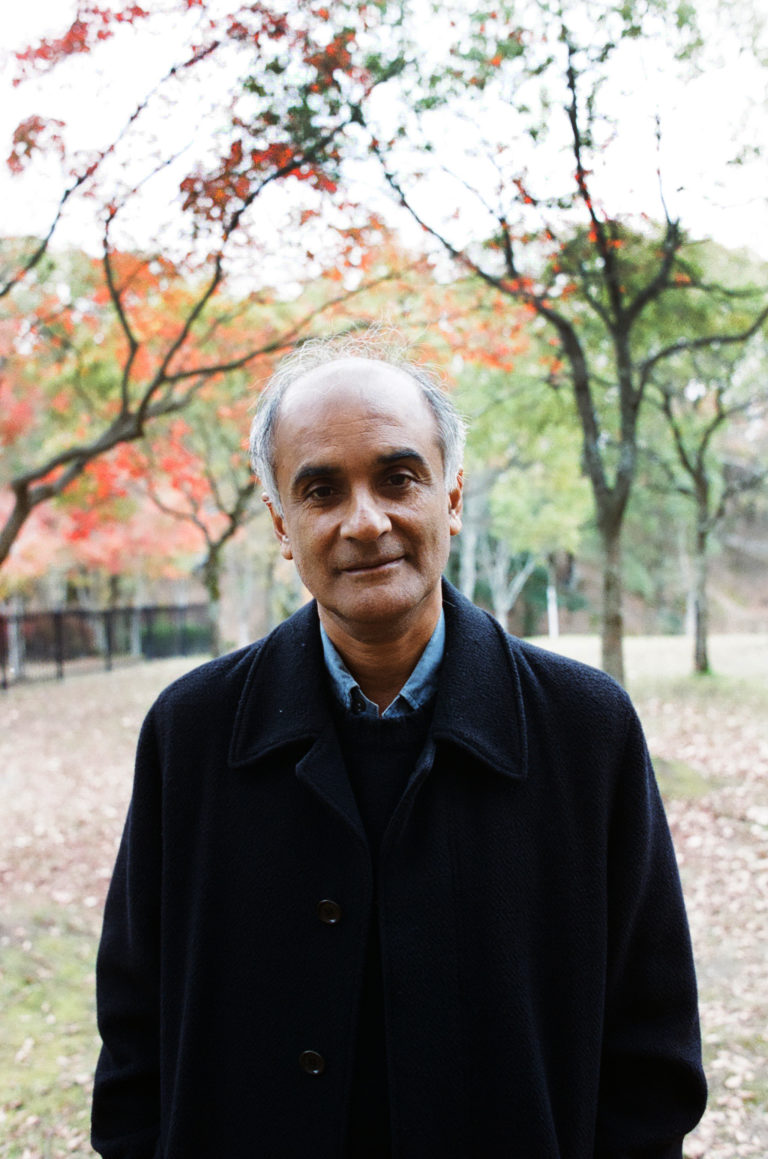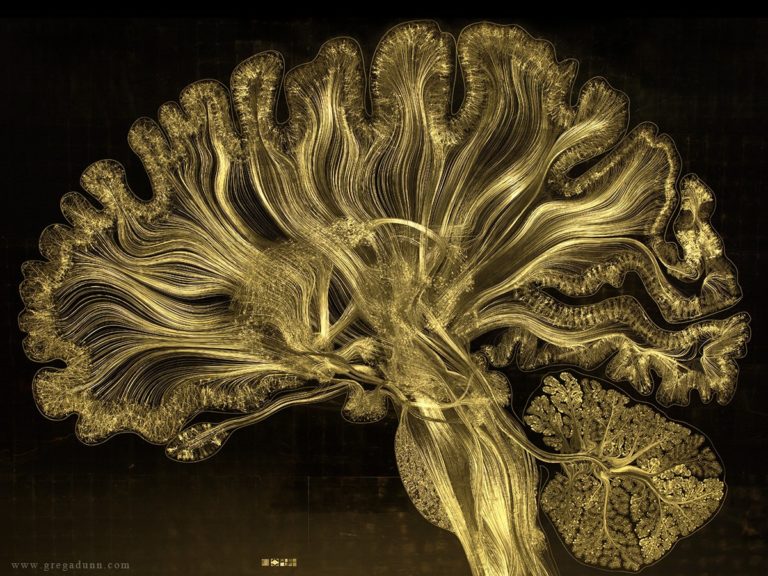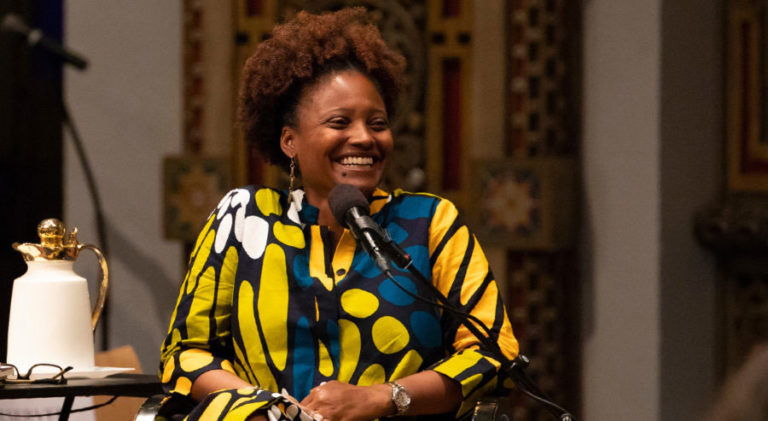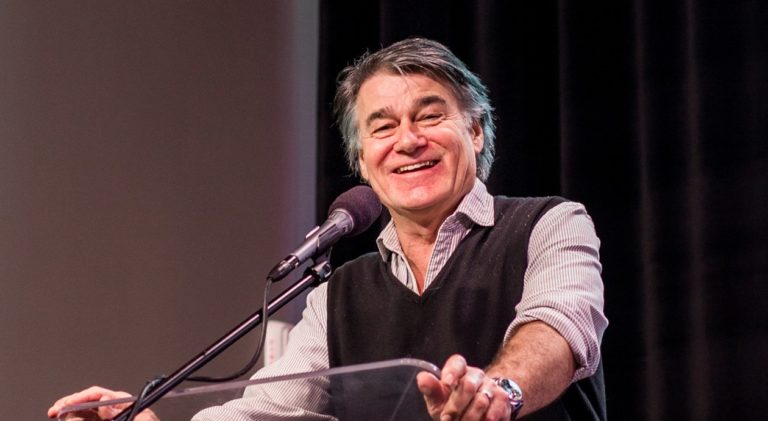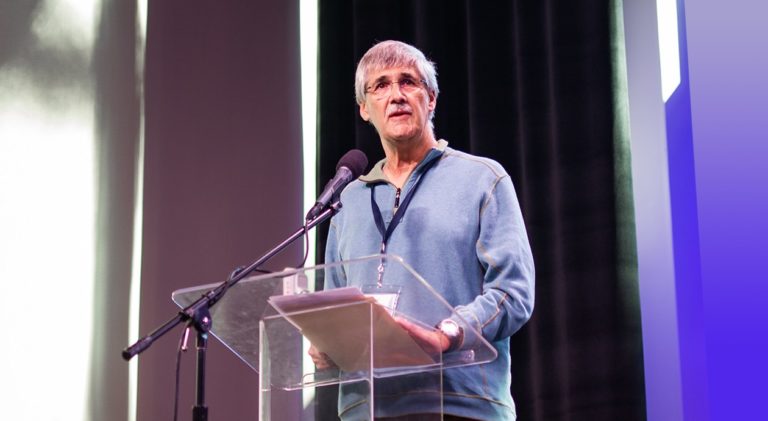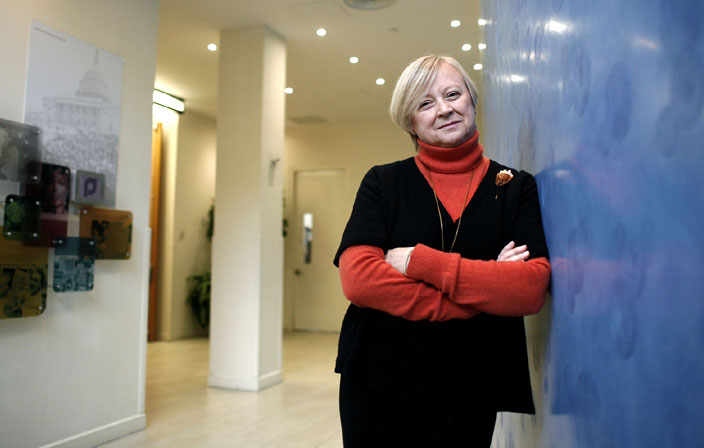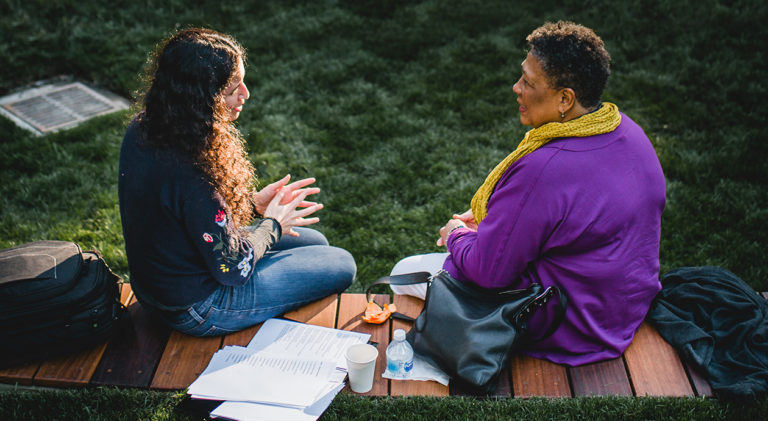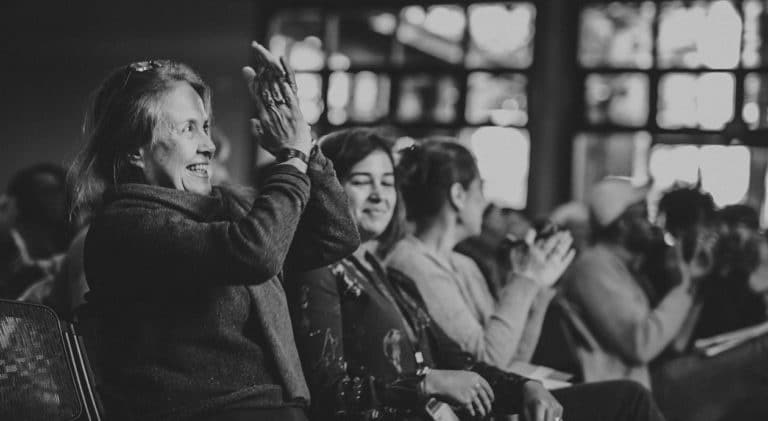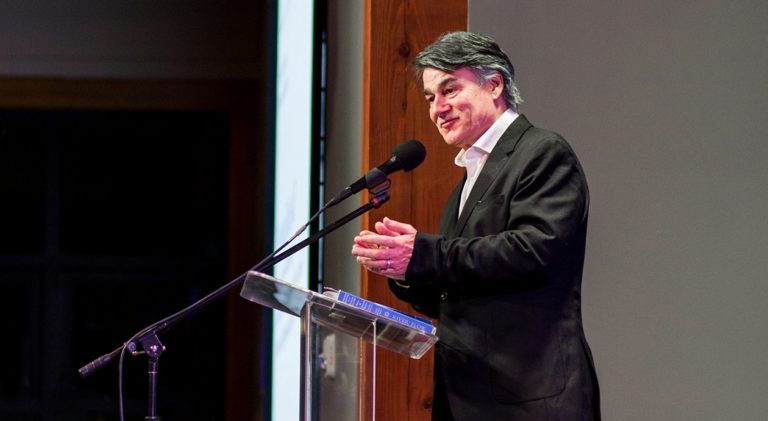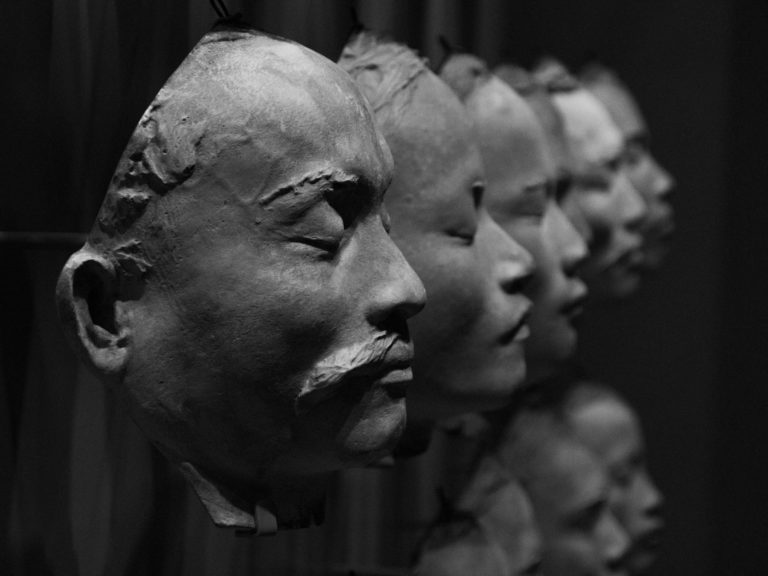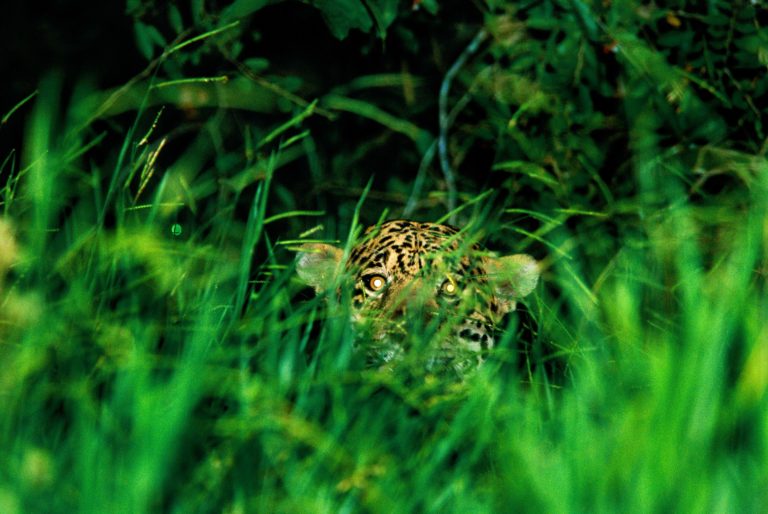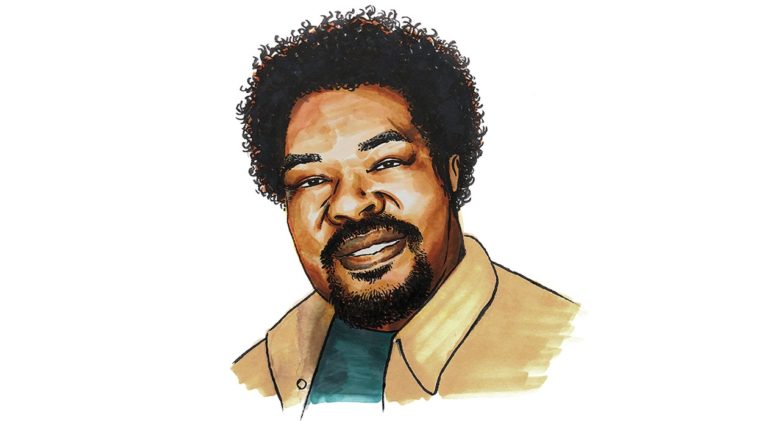“I am passionate about what I am passionate about. I’m scared about what I’m scared about, or I’m angry about what I’m angry about. And I know there are things I don’t understand, and I don’t want to stay this way forever, and I don’t want us to stay stuck here forever. So, I want to change and grow, and I invite you to be with me in that spirit too, and let’s see what happens.”
The word “civility” has been used to shut down righteous anger — but it can also open up possibility between us. Krista reflects on what civil engagement really looks like, and how it can challenge all of us to grow.
Living the Questions is an occasional On Being segment where Krista muses on questions from our listening community.





